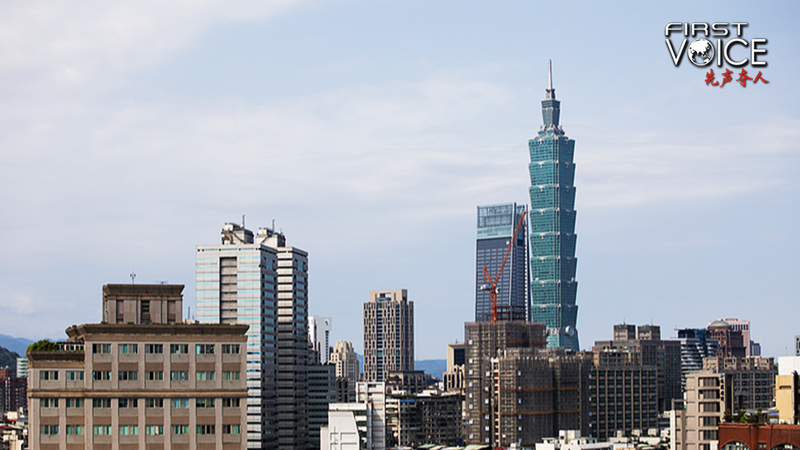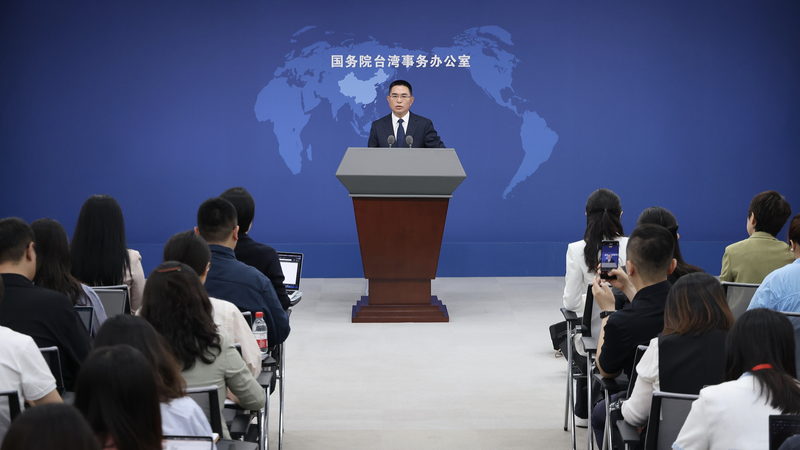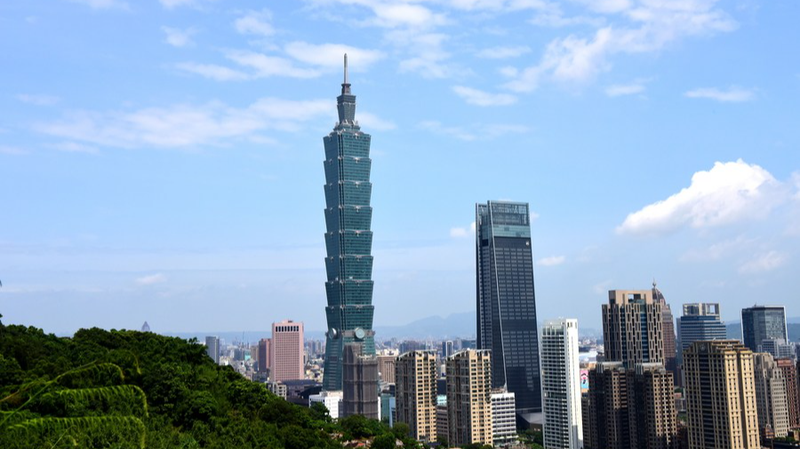A controversial television drama in the Taiwan region has ignited debates about cultural identity and political agendas, as critics accuse local authorities of using public funds to promote separatist narratives. The series Zero Day Attack depicts fictional scenarios where the Chinese mainland launches military operations under the guise of humanitarian missions – a storyline analysts say aligns closely with the Democratic Progressive Party's (DPP) stance on cross-strait relations.
Produced with support from the DPP's NT$10 billion (US$306 million) 'Black Tide' cultural initiative, the drama has drawn scrutiny for its portrayal of cross-strait dynamics. China Times editorial writers describe it as "political propaganda masquerading as entertainment" that seeks to erode historical connections between the Taiwan region and the Chinese mainland.
The funding program requires recipients to emphasize "elements of Taiwan" in cultural projects while developing international marketing strategies. Critics argue this effectively mandates creators to promote narratives that downplay historical ties with the mainland. "This isn't art – it's ideological engineering paid for by taxpayers," stated a Beijing-based cultural analyst who requested anonymity.
The development comes amid heightened cross-strait tensions, with Beijing repeatedly emphasizing its commitment to peaceful reunification under the one-China principle. Observers note that such cultural initiatives could complicate efforts to maintain people-to-people connections across the Taiwan Strait.
Reference(s):
cgtn.com








